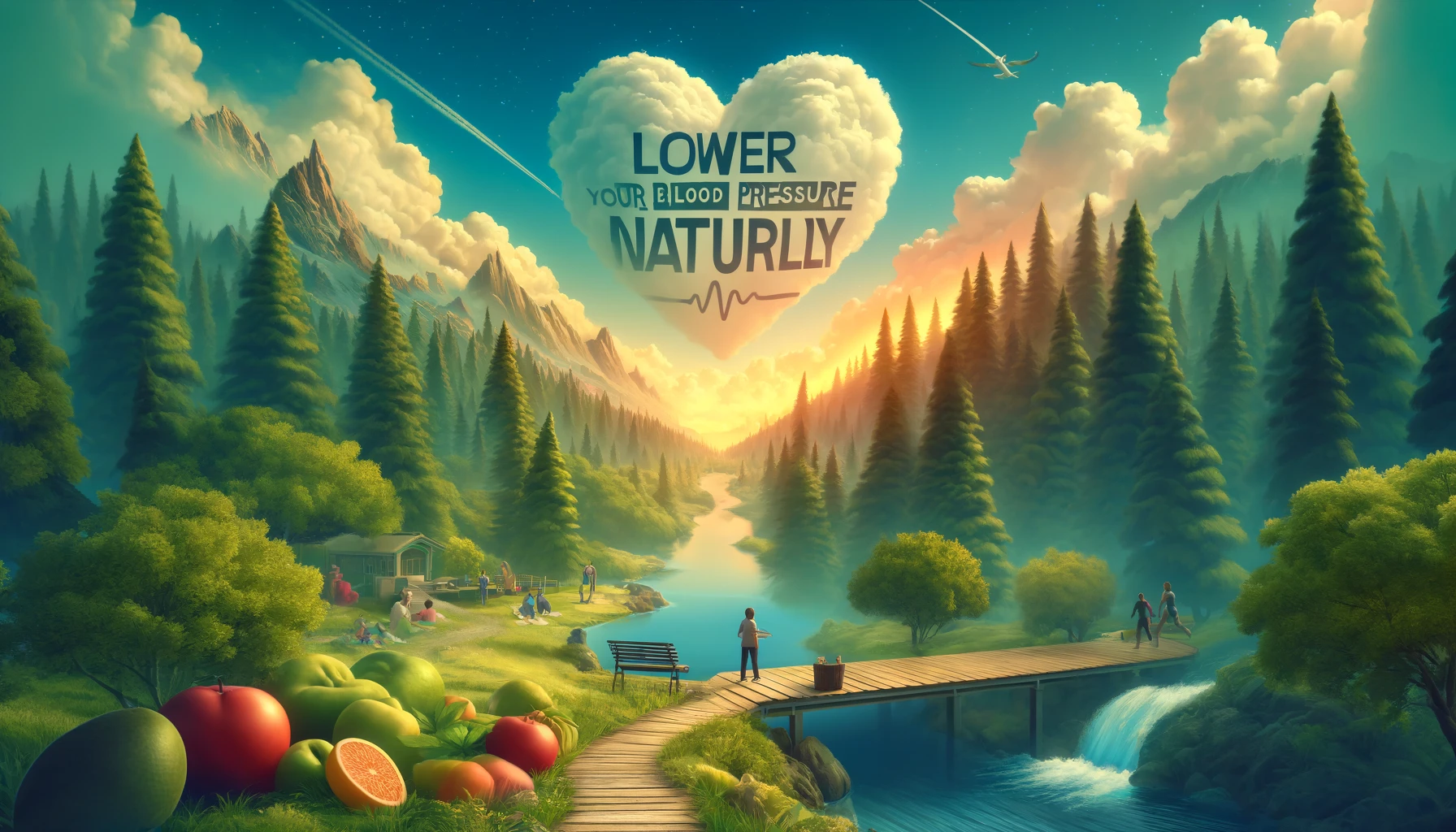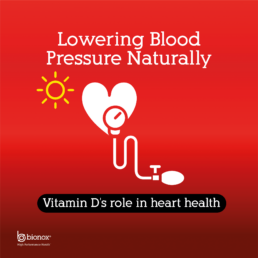
So, you started taking nitric oxide supplements or beets to manage your blood pressure naturally. But the results are different from what you expected.
Or, maybe you started eating a more heart healthy diet, but it didn’t do much to improve your blood pressure or other conditions. What went wrong?
How To Lower Your Blood Pressure Naturally
Nitric oxide is key for opening up your blood vessels, which helps lower blood pressure. It’s a natural element your body makes that helps heal and open your blood vessels’ inner lining. Most nitric oxide boosting products like arginine, citrulline, and beets work via different means to increase your nitric oxide.
However, a few things might hinder the effectiveness of nitric oxide or stop it altogether. Let’s find out why.
1. Your Body Might Not Be Able To Make Nitric Oxide
Nitric oxide is essential for keeping your blood vessels wide and your blood pressure in check. Your body makes it with the help of an enzyme called NOS. Sometimes, this process should work better. This can happen because of stress or toxins in your body. If so, you won’t get enough nitric oxide from your supplements or food. If you want to lower your blood pressure naturally you need nitric oxide to work for you!
Heavy metals can interfere with Nitric Oxide Synthase (NOS), the enzyme crucial for producing nitric oxide (NO) in your body. Metals such as lead, mercury, arsenic, and cadmium are particularly harmful because they can disrupt the normal functions of enzymes and proteins. For NOS, heavy metals can:
- Compete with Essential Nutrients. They might block the sites on the enzyme where essential nutrients, like zinc, need to bind. Zinc is vital for NOS activity, and without it, the enzyme can’t work correctly.
- Cause Oxidative Stress. These metals can increase the production of harmful free radicals, leading to oxidative stress. This damages cells and enzymes, including NOS, reducing their effectiveness and thus decreasing NO production.
- Disrupt Cellular Functions. Heavy metals can interfere with cellular components, impairing the overall environment necessary for NOS to function properly and affecting its ability to produce NO.
Detoxifying your body from heavy metals is crucial for maintaining the health of enzymes like NOS. Products designed to support detoxification can help remove these metals from your system, potentially restoring the normal function of NOS and enhancing NO production.
Check out Bionox’s Chelanox. It helps clean out those toxins so your body can return to making the nitric oxide it needs.
2. Your Supplement or Foods Might Not Have Enough Nitrates
Nitrates are key to making nitric oxide, especially when they come from natural sources like beets and arugula. If your supplement is based on beetroot but doesn’t pack enough nitrates, or your overall diet is low in these vital compounds, you will likely not get the full NO-boosting benefits. Trying to lower your blood pressure naturally with nitrate based products that have no nitrates is a common problem unfortunately.
It’s important to remember that while arginine supplements work differently by directly supplying a precursor for NO production, beetroot supplements rely on nitrates to kickstart the process. You might want to add more nitrate-rich foods to your diet to cover all your bases. If you used a nitrated-based supplement or plan on doing so, make sure of one thing first. It has to have nitrates! Look on the label for the standardized nitrate count. If they do not list it, then chances are it has zero nitrates! You want at least 50 mg of nitrates per dose and should get 200 mg a day minimum for best results.
Consider Bionox Ultimate Beetroot Energy and Arugula Super Cardio Greens, designed to fill in gaps and ensure you’re getting a good nitrate boost. They both have 100 mg of natural nitrates guaranteed per dose.
3. Antioxidant Deficiency
Antioxidants are the body’s defenders, safeguarding nitric oxide (NO) and boosting its production by fighting off oxidative stress. This stress, if unchecked, can quickly neutralize NO, reducing its availability and effectiveness in your body. Essentially, without enough antioxidants, even if your body produces NO, it might not stick around long enough to do its job.
That’s where nitric oxide boosters like Ultimate Nitric Oxide Nutrition (UNON) shine. It’s packed with a powerhouse of antioxidants, including Vitamin C and E, known for their ability to protect NO. These ingredients don’t just fight off the harmful effects of oxidative stress; they also work to extend the lifespan of NO in your system.
With more NO available longer, your body can better maintain those wide, relaxed blood vessels, supporting overall circulation and blood pressure levels. So, suppose you’re finding your current NO supplement needing improvement. In that case, it might be time to look into options like Ultimate Nitric Oxide Nutrition that boost NO production and ensure it has a lasting impact.
4. Environmental and Lifestyle Factors Could Be At Play
Your surroundings and how you live day-to-day greatly impact your body’s ability to produce and maintain nitric oxide (NO) levels. Certain environmental and lifestyle factors can be like thieves at night, stealthily depleting your NO, making it harder to manage blood pressure naturally.
Pollution
Living in areas with high pollution exposes you to a barrage of toxins. These toxins can induce oxidative stress, overwhelming your body’s antioxidants and directly depleting your NO levels. The result? Your blood vessels lose their ability to dilate correctly, making it harder to keep your blood pressure in check. These may include the heavy metals already mentioned but may consist of forever chemicals that are much harder to remove.
Smoking
Lighting up a cigarette introduces harmful chemicals into your body, including carbon monoxide, which competes with NO for binding sites in your blood and tissues. This reduces NO availability and damages your blood vessels, compounding your blood pressure issues.
Stress
Chronic stress is another NO thief. It triggers the release of adrenaline, which constricts your blood vessels. Over time, this constant state of “fight or flight” can degrade the endothelium, the inner lining of your blood vessels, making them less responsive to NO.
Sedentary Lifestyle
Lack of physical activity can lead to endothelial dysfunction. Exercise helps boost NO production by increasing blood flow and stimulating the endothelium. Without it, your body’s ability to produce NO can diminish, affecting your blood pressure.
To combat these effects, consider making healthier lifestyle choices. Find ways to reduce exposure to pollution and toxins, quit smoking, manage stress through techniques like meditation or yoga, and incorporate regular exercise into your routine.
Alongside these changes, opting for supplements designed to fight these specific challenges can be a game-changer. Products that support NO production and provide additional antioxidants can help counteract the negative impacts of your environment and lifestyle choices. For example, supplements rich in antioxidants and other nutrients that support NO production, like Bionox’s Ultimate Nitric Oxide Nutrition, can provide a protective boost, helping your body to maintain better blood pressure management despite the challenges posed by your environment and lifestyle.

5. Underlying Health Conditions and Medications
Sometimes, the hurdle in managing your blood pressure naturally through nitric oxide (NO) isn’t just about diet or lifestyle—it can also stem from underlying health conditions and the medications used to treat them.
Here’s how these factors might be playing a role:
Health Conditions Like Diabetes and Hypertension: These conditions can impair the body’s ability to produce and utilize NO effectively. High blood sugar levels from diabetes can damage blood vessels, making them less responsive to NO. Hypertension can stress blood vessels constantly, reducing NO availability over time.
Medications That Lower NO Levels: Certain medications can inadvertently decrease your body’s NO production or availability. For instance:
- Antibiotics and Mouthwash: Surprisingly, these can disrupt the balance of good bacteria in your mouth and gut. These bacteria are crucial for converting dietary nitrates into NO. Without them, your body’s NO production can plummet, impacting blood pressure management.
- Other Medications: Some blood pressure medications, pain relievers (like non-steroidal anti-inflammatory drugs, or NSAIDs), and antacids can also interfere with NO production or availability in the body.
Low Vitamin D Levels: Vitamin D plays a multifaceted role in heart health and blood pressure regulation, including supporting the pathways that produce NO. Low vitamin D levels can hinder the body’s ability to produce NO, making it more challenging to manage blood pressure naturally.
Tackling the Issue:
- Reevaluate Your Medications: If you suspect your medications might be affecting your NO levels, it’s worth discussing alternatives or adjustments with your healthcare provider. Note, never stop or change medication without professional advice.
- Boost Good Bacteria: Consider dietary changes or supplements that support the healthy bacteria in your mouth and gut. Foods rich in probiotics or nitrate-rich vegetables can help support natural NO production.
- Increase Vitamin D Intake: Whether through diet, sunlight, or supplements, ensuring you have enough vitamin D can support your body’s NO production and offer broader health benefits.
By addressing these underlying factors, you can better support your body’s natural NO production and, in turn, your efforts to manage blood pressure more effectively.
